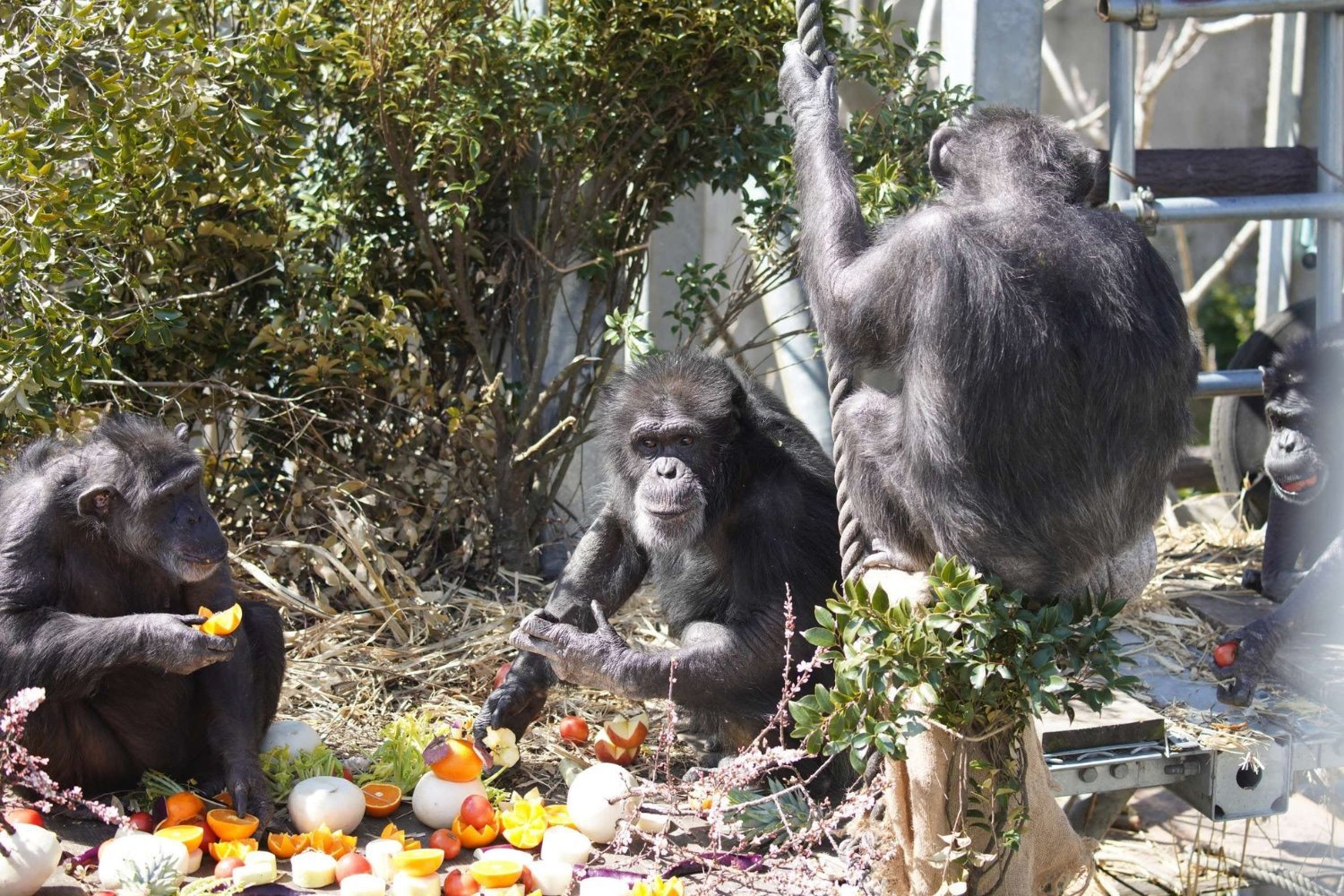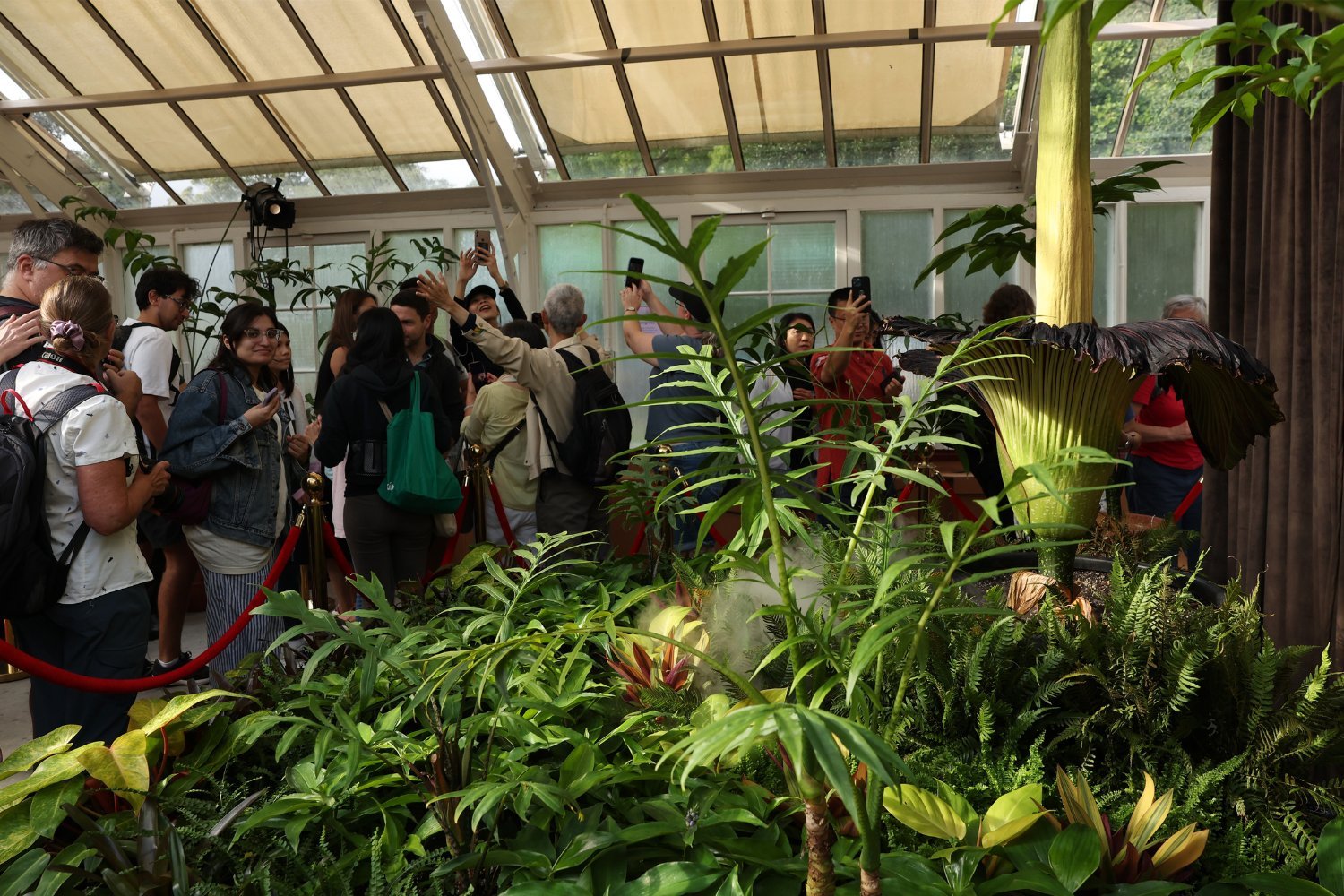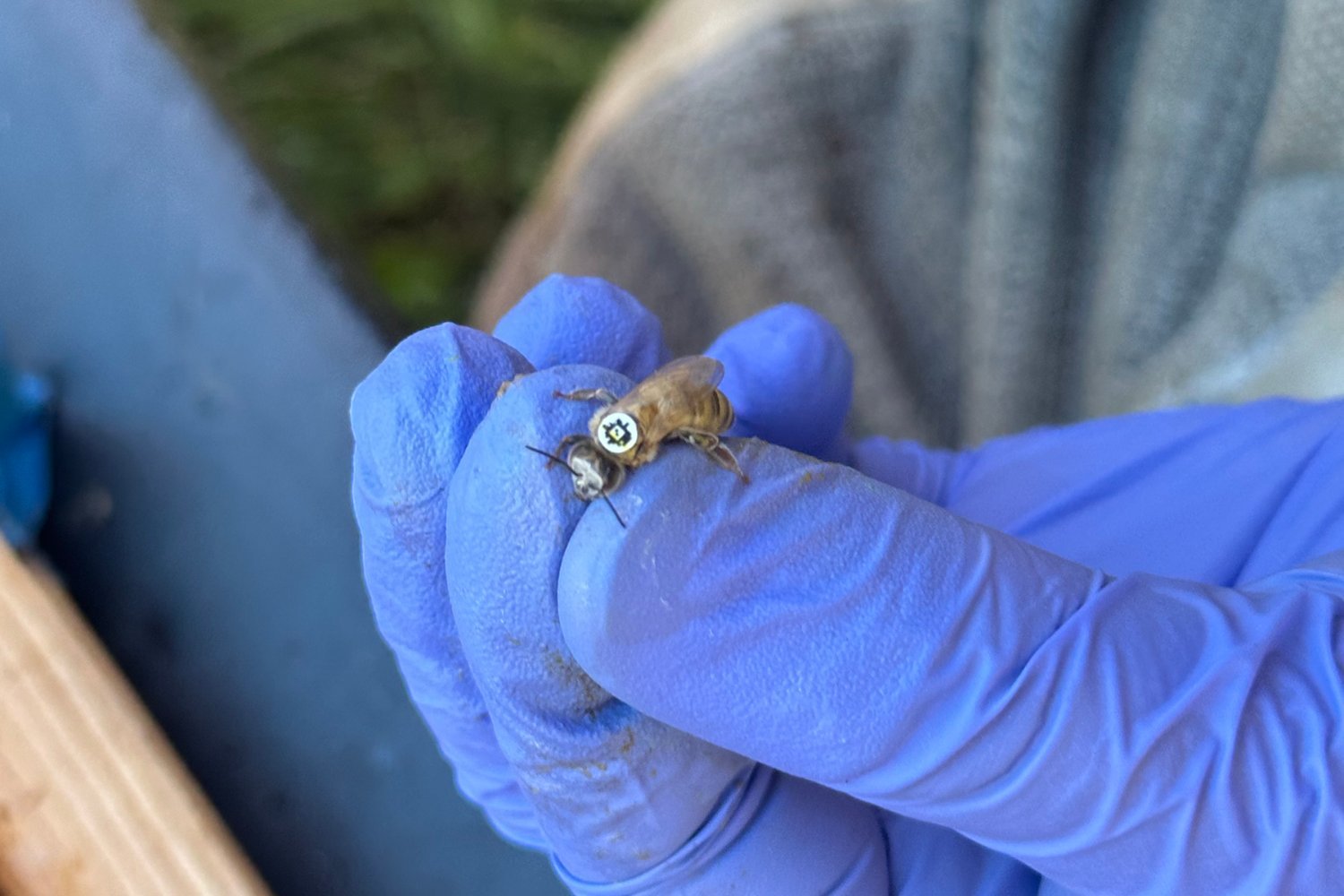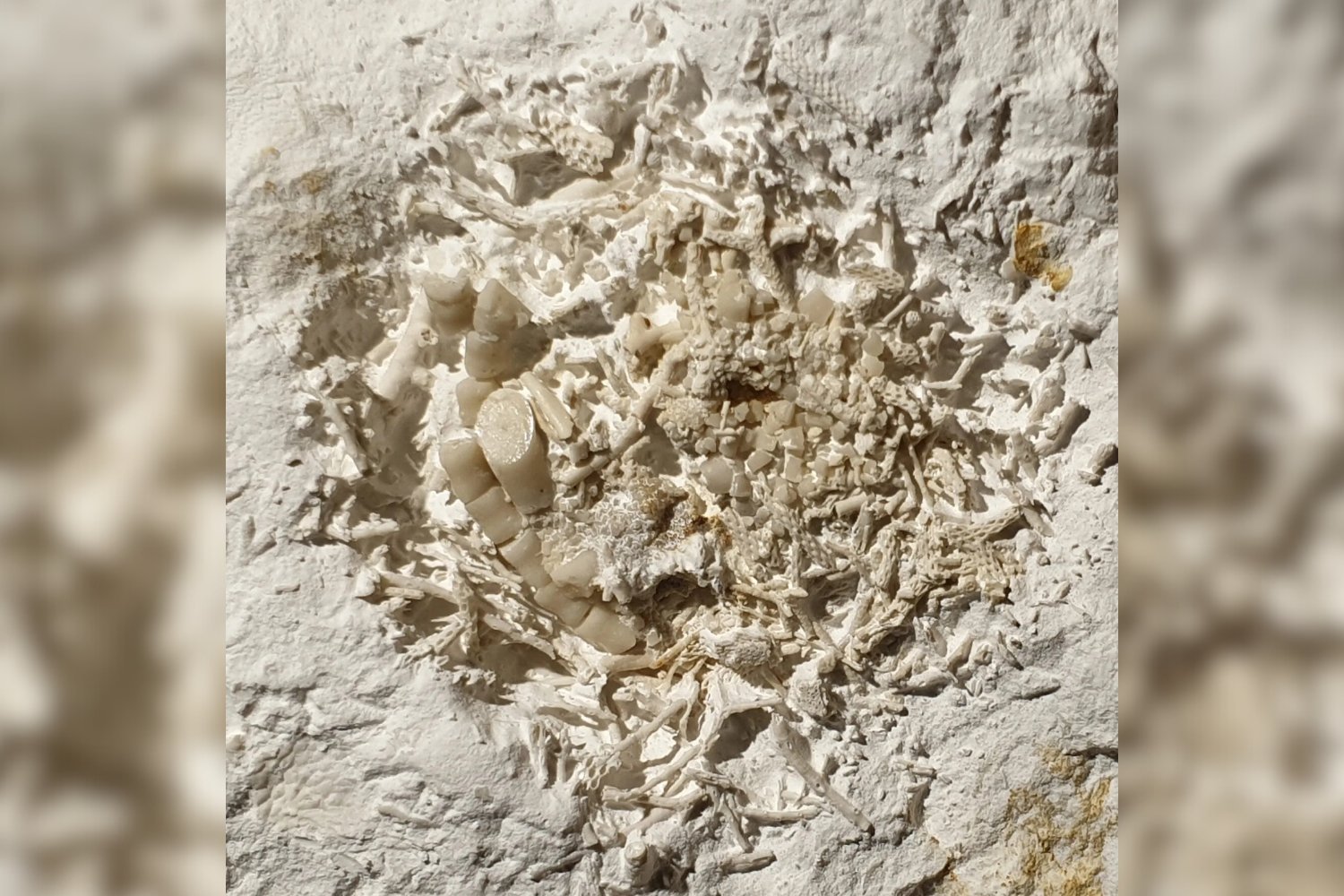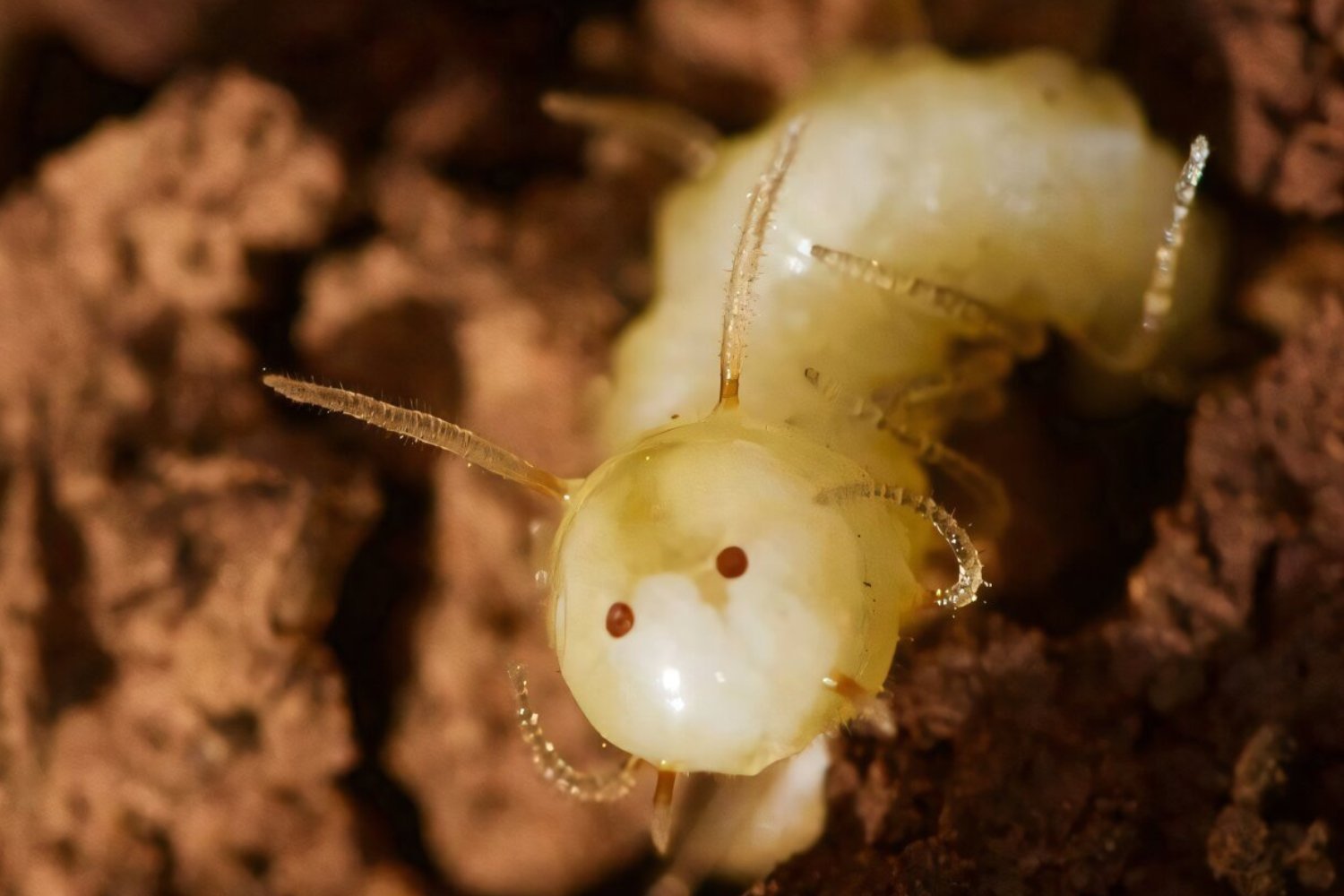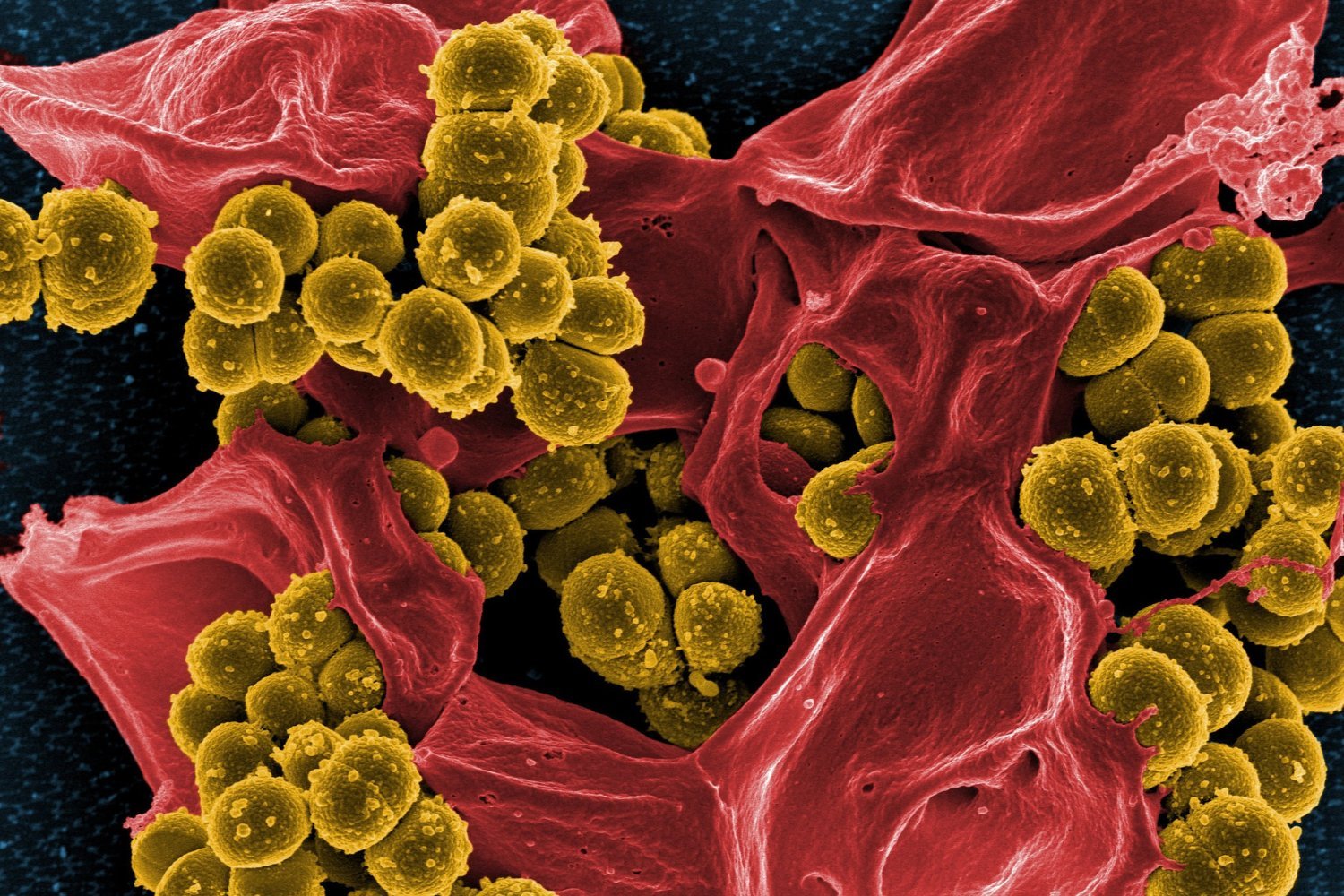Chimpanzees, like humans, sometimes engage in group bathroom breaks. A recent study published in Current Biology reveals that urination can be contagious among these primates, potentially influenced by their social hierarchy. Researchers at Kyoto University in Japan observed captive chimpanzees at the Kumamoto Sanctuary for over 600 hours, meticulously documenting 1,328 urination events. Their findings suggest a fascinating link between social dynamics and this seemingly mundane act.
Lead researcher Ena Onishi, a doctoral student at the Kyoto University Wildlife Research Center, explained that the inspiration for the study stemmed from a casual observation. Noticing a tendency for chimpanzees to urinate simultaneously, she likened it to the Japanese term “Tsureshon” (連れション), which describes the act of urinating together. This sparked her curiosity about whether chimpanzees, like humans, exhibit contagious behaviors such as yawning or scratching, leading her to investigate the possibility of “contagious urination.”
Proximity and Social Hierarchy Play a Role
The research team discovered that chimpanzees were more likely to urinate after another chimp had done so, particularly when in close proximity. The closer the chimps were to the initial urinator (categorized as within arm’s reach, within 3 meters, and more than 3 meters), the higher the likelihood of subsequent urination. Interestingly, social ranking also appeared to be a factor. Lower-ranking individuals were more prone to follow suit, further suggesting a social influence on this behavior. However, the researchers found no correlation between social closeness and contagious urination.
Exploring the Reasons Behind Contagious Urination
While the study provides compelling evidence for contagious urination in chimpanzees, the underlying reasons remain unclear. Onishi suggests several possibilities. Synchronized urination might promote group cohesion by ensuring a shared physiological state. The act of mimicking another chimp could strengthen social bonds. Alternatively, it could be an anti-predator strategy, masking individual scent trails and reducing the risk of detection.
Future Research Directions
The study’s findings, based on a single chimpanzee population, necessitate further research to determine the prevalence of contagious urination among other chimpanzee groups, especially those in the wild. Onishi and her team are eager to investigate the influence of factors like sex, age, and familiarity on this behavior. They also aim to explore its potential role in natural settings, such as preparing for long-distance travel.
Comparing Chimpanzee and Human Behavior
The researchers note potential differences in the nature of group urination between humans and chimpanzees. Humans often urinate together due to close relationships, while the chimpanzee behavior appears more driven by social hierarchy and proximity. This raises the question of whether other primates exhibit unique forms of contagious urination.
Expanding the Scope of Research
Shinya Yamamoto, a researcher studying the evolution of sociality at Kyoto University, highlights the diverse social structures within the ape family. He suggests that these variations may influence urination decisions and their contagious nature, providing a rich area for future research. Exploring these nuances could offer valuable insights into the complex interplay between social dynamics and seemingly simple behaviors like urination.
The study’s findings open a new avenue for understanding primate behavior and the subtle ways social influences shape even the most basic biological functions.



